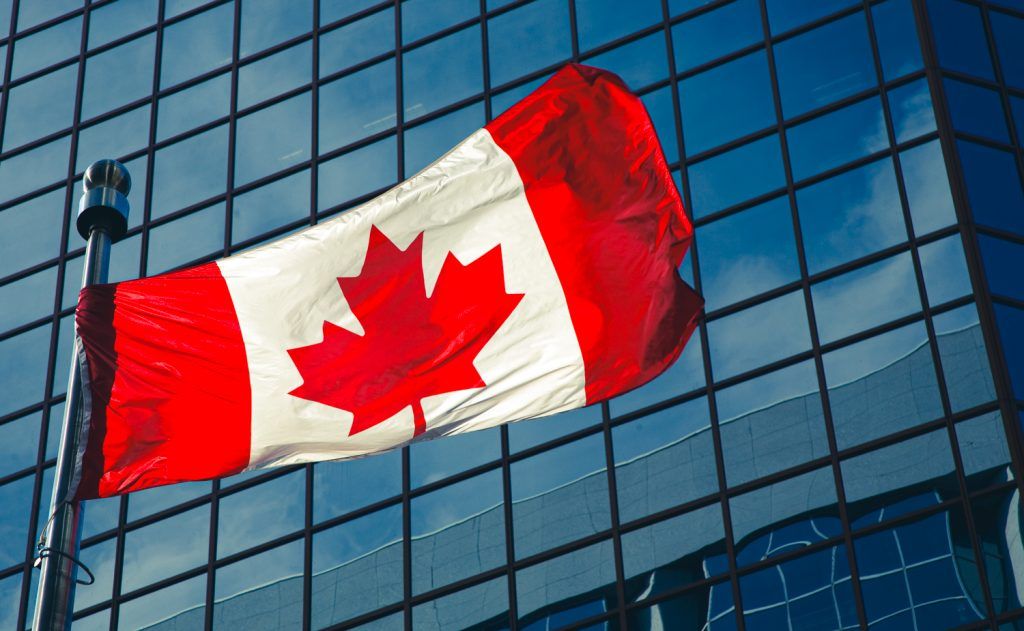Although Canada‘s recovery has been solid, its economic growth has slowed and life has become more expensive for Canadians.
High inflation, combined with rising interest rates and falling stock prices, is weighing heavily on household finances and will slow their spending.
At the same time, the weakening global economy is affecting commodity prices and, ultimately, demand for Canadian exports.
Overall, real GDP grew 1.8% y/y between May and August, a marked slowdown from the 7.1% growth rate recorded between January and April, according to Canadian government data.
So far, the moderation in growth has been most evident in housing markets, which are experiencing a sharp pullback from the unprecedented highs reached during the pandemic.
Triggered by rising mortgage rates, resales have fallen 36 percent from their February peak, while home prices are down 9 percent.
The cooling of overheated home prices will help curb inflation and make it more affordable for Canadians to enter the housing market.
From the Canadian government’s perspective, it is encouraging that new construction has been quite resilient, which will also contribute to supply and help moderate housing prices.
Economic growth
Consumer spending, which surged earlier in the year as public health restrictions were lifted, is also weakening.
High inflation has increased the cost of virtually all goods and services.
Controlling inflation is critical to ensure that Canadian workers are not left behind.
Meanwhile, rising interest rates have made borrowing costs more expensive over the past year, while falling house prices and equity have reduced household net worth.
That said, there are some factors that can help boost consumer spending.
In particular, many households accumulated an unusually large amount of savings during the pandemic as people stayed at home.
Labor market conditions are also expected to remain strong.
![]()

